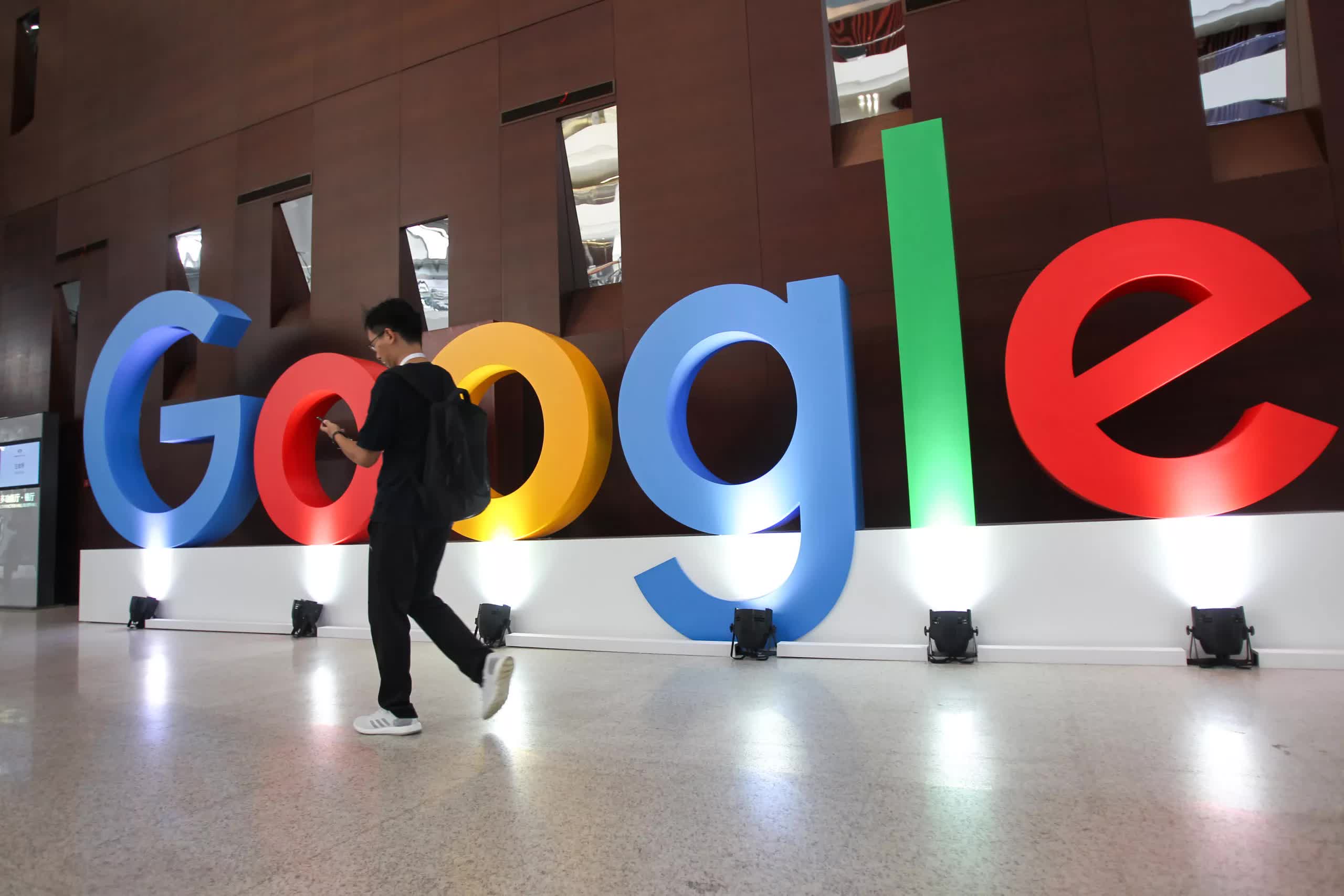What just happened? The US Department of Justice wants Google to sell off its Chrome web browser to prevent the tech giant from maintaining its monopoly in online search. It is one of several proposals the DOJ included in its new filing in the DC District Court late on Wednesday after Judge Amit Mehta found Google responsible for running a monopoly in online search and digital advertising.
The DOJ also expressed concerns over Google's control of Android, the world's most popular mobile operating platform. According to the government, Google's ownership of Chrome and Android pose "a significant challenge" to making the search market competitive again. While the DOJ isn't demanding that Google sell off Android immediately, it hinted that it could add that clause if the company keeps using the OS to further its monopolistic ambitions.
The filing also urged the court to prohibit Alphabet from entering into exclusive third-party contracts with browser or phone companies to set Google as the default search provider. Google currently has an agreement with Apple to be the default search engine on all Apple products, including iPhones, iPads, Macs, and the Safari browser.
The DOJ outlined other key proposals that it believes could effectively end Google's monopoly in search and ads. First, the agency wants Google to license its search data and ad click rate data to rivals. Secondly, it wants the court to prohibit the company from entering the browser market for at least five years after selling off Chrome. Finally, the DOJ said that Google shouldn't be allowed to acquire or own any rival digital ad technology, online search service, and query-based AI products.

In addition to the aforementioned proposals pertaining to consumer-facing software and services, the DOJ also proposed that Google should offer publishers an easy way to opt out of its data being used to train AI models. If the court accepts this proposal, it will be a massive blow to the company in its battle for AI supremacy against rivals like OpenAI, Anthropic, and others.
Responding to the DOJ's filing, Google accused the agency of having a "radical interventionist agenda" that could harm not just the company, but also its users. Google's chief legal officer Kent Walker argued that implementing these changes could seriously jeopardize user security and privacy, while also hurting independent software makers like Mozilla, whose Firefox browser depends on revenue from Google.
Walker added that the proposals are tantamount to an "unprecedented government overreach that would harm American consumers, developers, and small businesses." He claims the approach will damage America's standing as a tech superpower and "jeopardize America's global economic and technological leadership at precisely the moment it's needed most."
Google is set to file its response to the DOJ's proposals next month. The trial is expected to start in April 2025.
